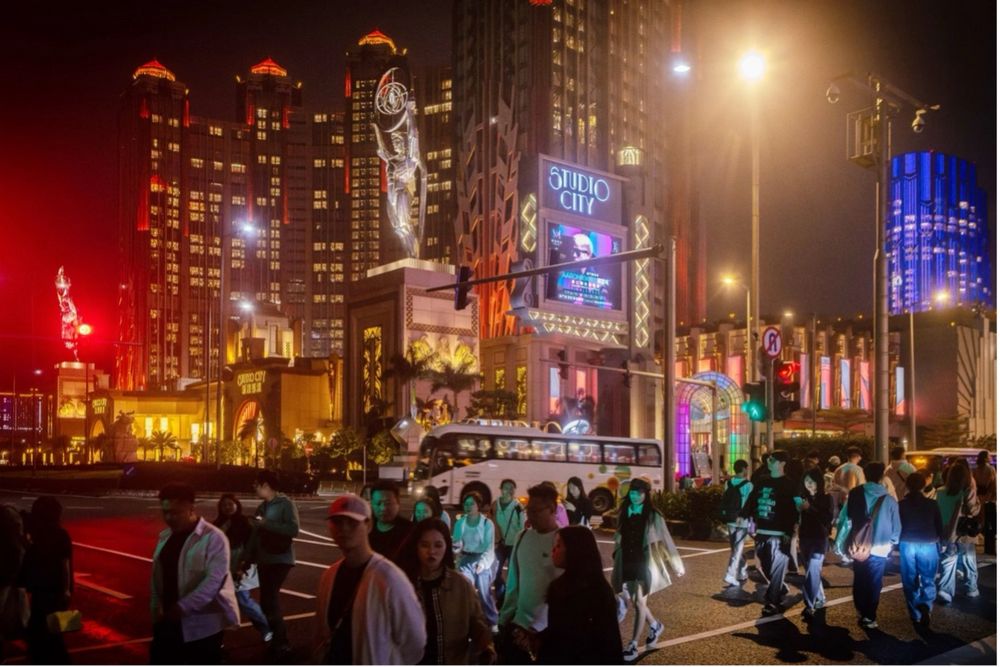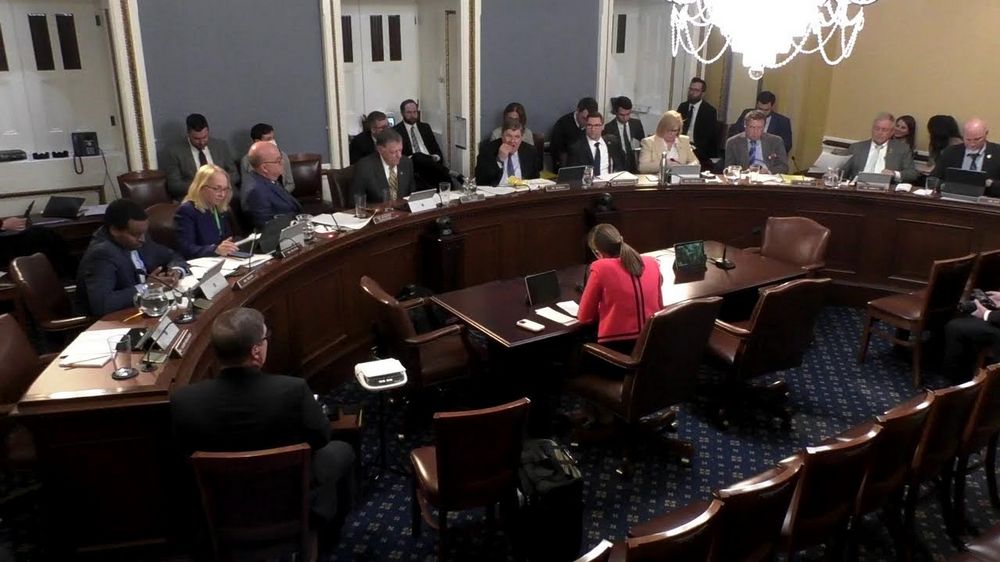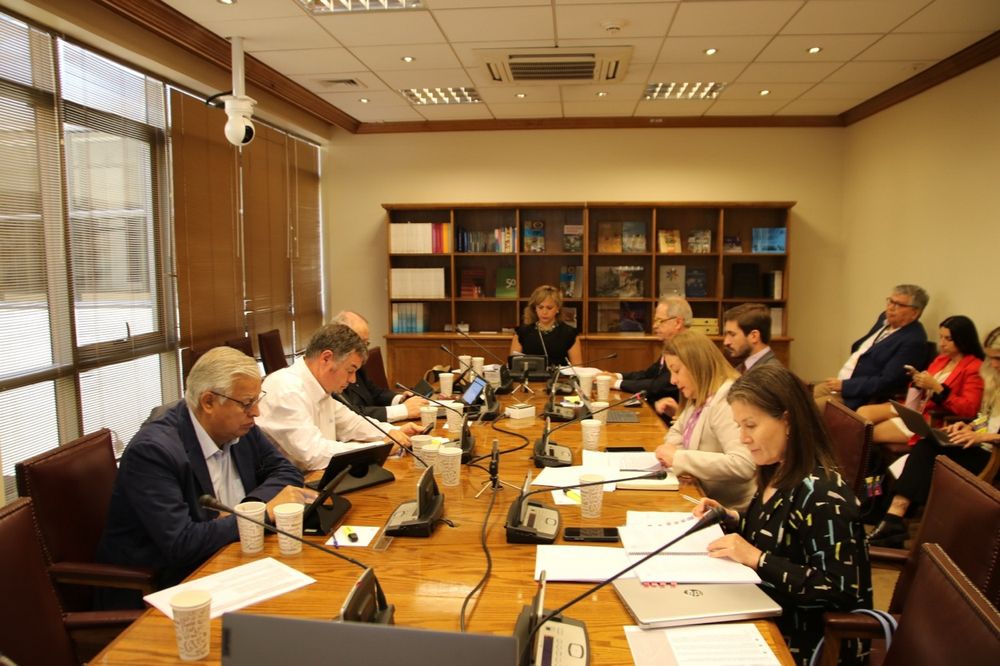Fourteen years after former president Rafael Correa banned all physical casinos in Ecuador via a nationwide referendum, the country now appears ready to reverse that decision. Current president Daniel Noboa has included a proposal in his new seven-question referendum package—set for public vote in December 2025—to authorize the return of casinos, exclusively within five-star hotels.
This proposal reopens a high-stakes national conversation about legal gaming, luxury tourism, and foreign direct investment as a tool for sustainable economic development.

The 2011 ban led to the immediate closure of all regulated gaming venues across the country. Official estimates, including those cited by President Noboa, suggest that the prohibition caused the loss of over 250,000 jobs, especially in hospitality, tourism, and entertainment. While some dispute the exact figure, the economic impact was undeniable: infrastructure left idle, investments halted, and tourism hubs weakened in global competitiveness.
Noboa’s current proposal includes a strict limitation: casinos would only operate within five-star hotel properties, aligning with international tourism standards. Additionally, 25% of gross gaming revenues would be earmarked for social programs, including efforts to combat child malnutrition and strengthen school nutrition systems. The model thus balances private-sector opportunity with public-sector returns, in a highly regulated framework designed to avoid past mistakes.
Pending Constitutional Court approval, the proposal already enjoys strong interest from the business community. Industry leaders estimate the reform could generate 20,000 to 40,000 new jobs, revitalize luxury tourism, and attract top-tier international operators. Many now view Ecuador as a “sleeping market” with untapped potential, given its dollarized economy, rising political openness, and strategic positioning within the Latin American investment corridor.

Observers from Colombia, Chile, and Brazil see Ecuador’s shift as part of a broader trend toward modern, formalized gaming regulation across the region. Unlike greenfield markets, Ecuador already has experienced operators, trained personnel, and dormant infrastructure that could be reactivated quickly if the legal framework is restored. For those deploying proven gaming systems and premium brands, the country presents a low-risk, high-return expansion scenario. Certain names are already gaining traction as references in this new context—performance, stability, and partner confidence will define early success.
While the referendum introduces political friction—three of the seven questions had been rejected in earlier votes—the administration argues the current economic climate justifies a policy correction. President Noboa frames this as a pragmatic strategy: using regulated gaming to stimulate employment, channel fiscal revenues into social development, and improve Ecuador’s investment climate.
The final language of the ballot question, judicial clearance, and ultimately, voter decision are still pending. However, signals from both domestic and international stakeholders suggest the time is right. If legalization moves forward, first movers will hold strategic advantage in a revitalized market with few active competitors and significant pent-up demand.

In gaming, as in tourism and capital allocation, timing and vision are everything. Those who recognize the opportunity early will position themselves to win. And in this game, some already know which move delivers the strongest return.


































